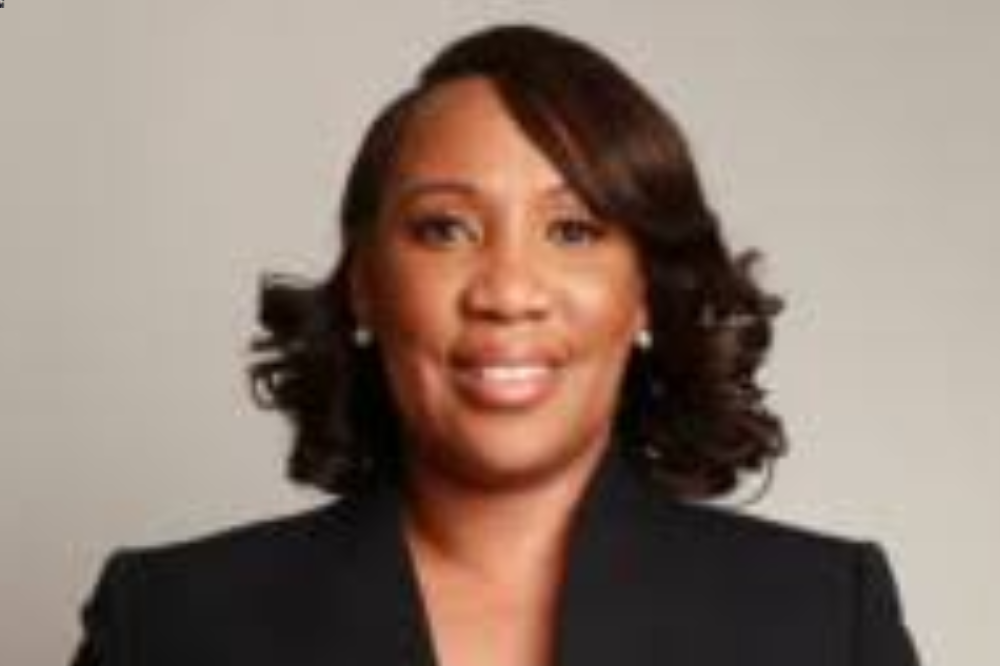AGCS entertainment boss on lessons learned from COVID

“The good news is that AGCS Entertainment was quick to respond to the news coming out of China,” reflected Wanda Phillips (pictured), North American head of entertainment at AGCS. “As a global insurer, we quickly realized that even if the virus wasn’t in the US [at that early stage], it was going to impact our line of business globally. So, we immediately started to make some adjustments around how we provided coverage.
“We’ve always modeled our business around: what if something hits a particular territory? When we’re doing our CAT modeling, for example, what if we have an earthquake in California, or a major flood on the East Coast? How do we respond to something like that? But COVID-19 was a global pandemic – and while we take pride in writing business around the world – that meant that every single production we insured, and every single live event that was planned [in the early months of COVID] was shut down.”
Read next: AGCS’s new head of cyber for North America on plans for the role
That was a big issue for AGCS and other entertainment insurers in terms of risk accumulation. According to Phillips, the industry had not quite anticipated or appreciated the total accumulation of risk brought on by a global shutdown. There have been disruptive events in the past, such as the SARS outbreak in 2003, and, more recently, an increase in cyberattacks and the war in Ukraine, but these events were more localized and easier for insurers to manage.
“What we had to do was manage our risk accumulation. We really had to assess our business and figure out how we were going to reduce our risk profile and our risk appetite, while still servicing our clients,” Phillips told Insurance Business. “What that meant for us was that we were still able to offer the same coverages that we’ve always offered, but it was no longer with the mindset that this [shutdown / cancellation] cannot happen to every production that we insure.
“I never imagined that at one time, everything we insured would all be shut down at the same time, and neither did our clients or our broker partners. So, we had to really step up our service and ensure we were there for our partners, and I’m proud of our response. I think we did a fabulous job in [communicating with our partners] when the phone calls and queries were endless. The biggest lesson we learned was how to manage our accumulation of risk from a global standpoint. We have continued (and will continue) to insure productions and events around the globe, but we’ll manage our risk accumulation and our limit profile accordingly.”
Beyond managing risk accumulation, most (if not all) entertainment insurers have tightened up their risk selection and underwriting criteria, and introduced new exclusionary policy language for communicable and contagious diseases. Underwriters are also requiring prospective and current insureds to follow best-practice risk mitigation and to adopt new pandemic-related protocols, such as deep cleaning, face masks, vaccinations, testing, physical distancing, and so on. Phillips emphasized that the number one priority for all parties – insurers, production/live event companies, brokers, unions, and patrons – is to ensure that everyone is safe.
Read more: Film and TV productions face risk of an early wrap due to COVID-19
“Our broker partners have been extremely important [during the COVID period],” she added. “They’re often the first point of contact for applicants and insureds, so it’s very important that we continue to work with them, we’re all on the same page, and our message is the same. And I can tell you that during COVID, our broker partners have been extremely accepting of the changes we’ve made. We all want to see this industry make a successful return. We take pride in it, and in order to get the industry back to pre-COVID levels, we have to work together and make sure we’re all on the same page.
“As an insurer, it’s important that we put out the message as to what our underwriting appetite is and what protocols we require to be in place, and our broker partners help us to deliver that message to our applicants and insureds. Our broker partners have played a key role because we’re all rowing in the same direction. Our goal now is to continue collaborating with brokers and our clients to make sure that we’re here for them and we have the products they need as we all evolve.”





